As a drag performer deeply rooted in New York City's queer nightlife scene, Charlene Incarnate could never separate her identity from her work--not that that's something she's interested in. "My queerness and my career are dance partners," she explains.
Charlene (who is most widely known on a first-name-only basis -- Cher teas) began her career in local gay bars, quickly making a name for herself with jaw-dropping performances that created wildly visceral reactions from her audience, something that drew her to drag in the first place. "That's what gay people are good at," she acknowledges, "being audience members and contributing energy."
Drag also allowed her to "tranifest" her femininity, eventually leading to her transition, which she promptly used as material for her work. One of her claims to fame is injecting herself with estrogen during a live lip sync -- a performance piece that's become something of her signature. Gay dive bars and untamed warehouse parties provided "stages where I could enact the things I was feeling on the inside," but they also provided something far more important for the performer: an audience.
The relationship Charlene developed with her admirers was the foundation for the popularity of Casa Diva, the queer house where she hosted events for three years before eventually moving out. Charlene sees the closure of that space as part of a larger narrative of what's happening in the city's underground queer scene. "We saw the shuttering of every space [queer folks threw] parties in, every space that wasn't a typical gay dive bar. They're all gone now." The artist grieves both her home and the community it provided, and the fact that spaces like hers are "even rarer or nonexistent in the neighborhoods that [queer folks are] still occupying."
Thankfully, the story of Casa Diva was preserved in HBO's 2019 documentary Wig, which traced the legacy of '90s drag festival Wigstock and its impact on New York City's queer culture straight to Charlene, one of the film's stars. Casa Diva is now irrevocably part of the canon of the city's queer history, which Charlene is grateful for, as both Wigstock and her art space were "born out of the same spirit -- queer family." Now, she mostly sees Casa Diva "as a talisman and a culmination of a lot of other pieces of the story that came before it."
Wig centers the community of drag, not the commercialization of it, largely leaving out more popular incarnations of the art form, a la RuPaul's Drag Race. "Taking drag out of nightlife is like taking it out of queerness," Charlene says, adding that drag "happens in the spaces that were left to us."
And as we've learned through icons ranging from Marsha P. Johnson to Divine, drag is an art form that comes from marginalization, one that is inherently politicized, and even more so when it's enacted by politicized bodies. "We're engaging in hyperqueer and non-normative lives, and that's what makes us drag queens. If you're not transgressing societal norms or heteronormativity with your body," Charlene insists, "you're just playing dress up."
As drag is removed further from its context, what does that mean for the art form, and for the scene where it once thrived? Charlene, while worried about her own instrument and the toll performing takes on her body, remains hopeful about the future of her restless city. "Nightlife will flourish as long as [New York] is still attracting young creative people," says the performer, who made that same pilgrimage once upon a time. There, she found what she was looking for in the night: "feelings of togetherness and intimacy and likeness."
This story is a break out from Out100's Culture and Entertainment package. Read about Bowen Yang, Papi Juice, and the Drag Queens of the Year in other breakouts as well as a listing of all of Out100's film, television, and music honorees.
This piece was originally published in this year's Out100 issue, out on newstands 12/10. To get your own copy directly, support queer media and subscribe -- or download yours for Amazon, Kindle, or Nook beginning 11/21.


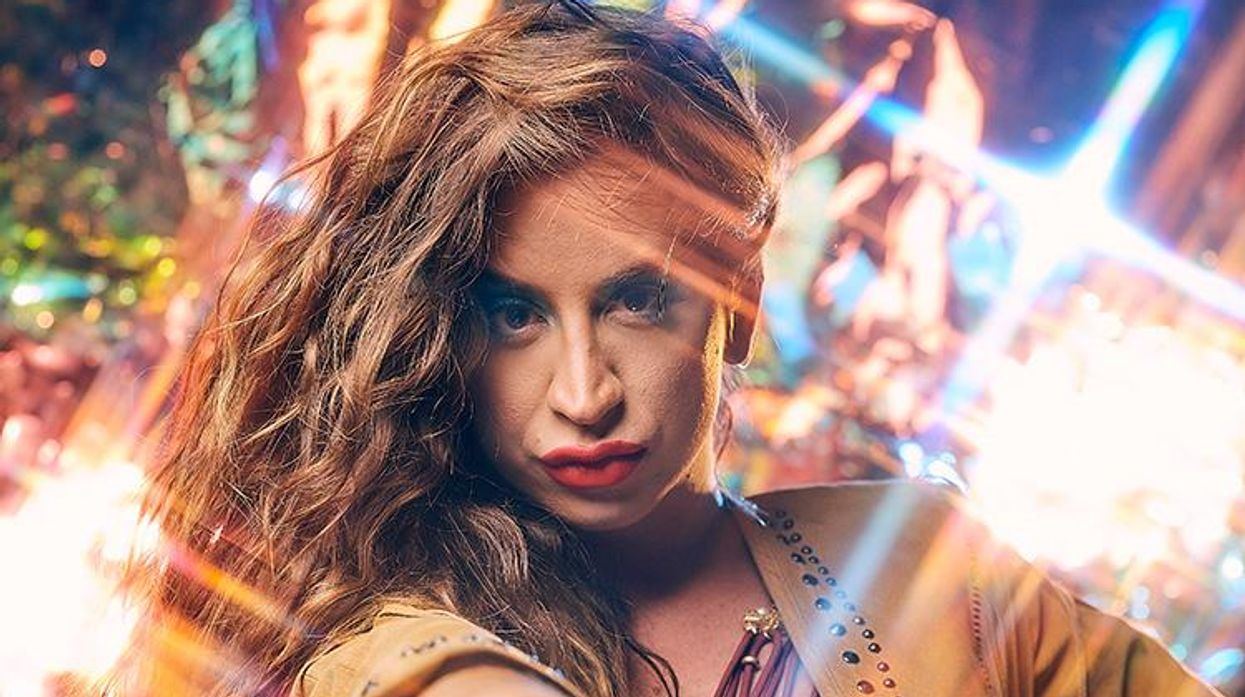
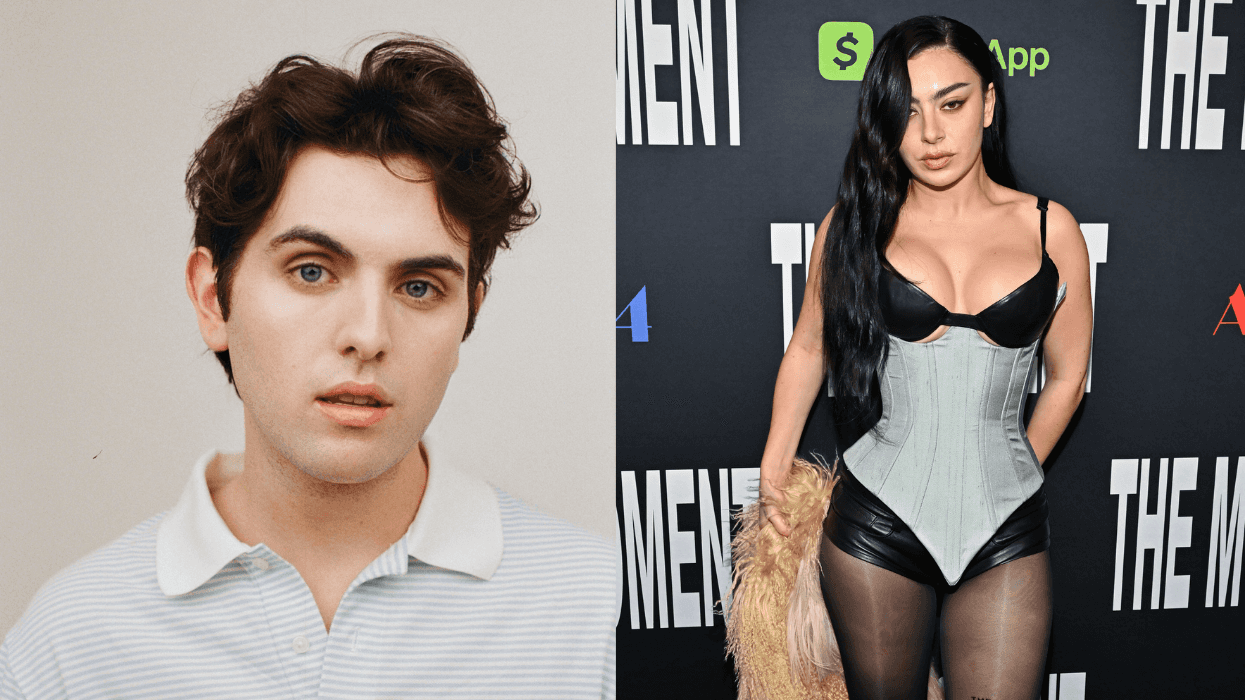
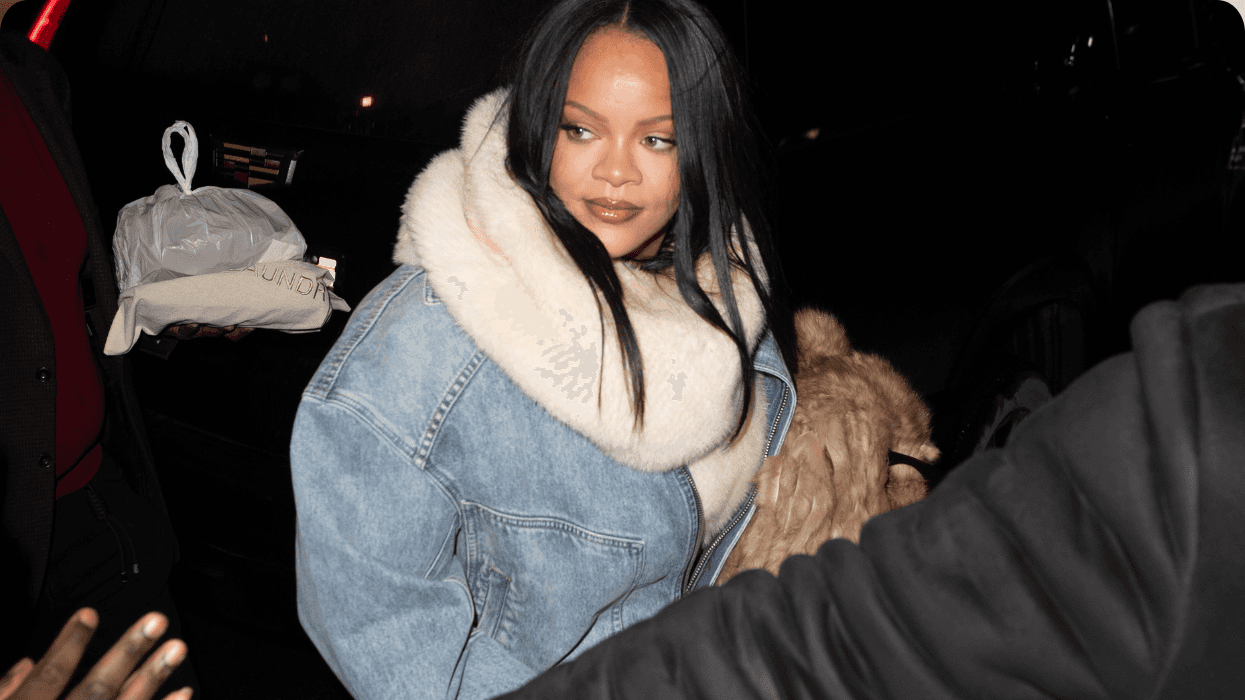
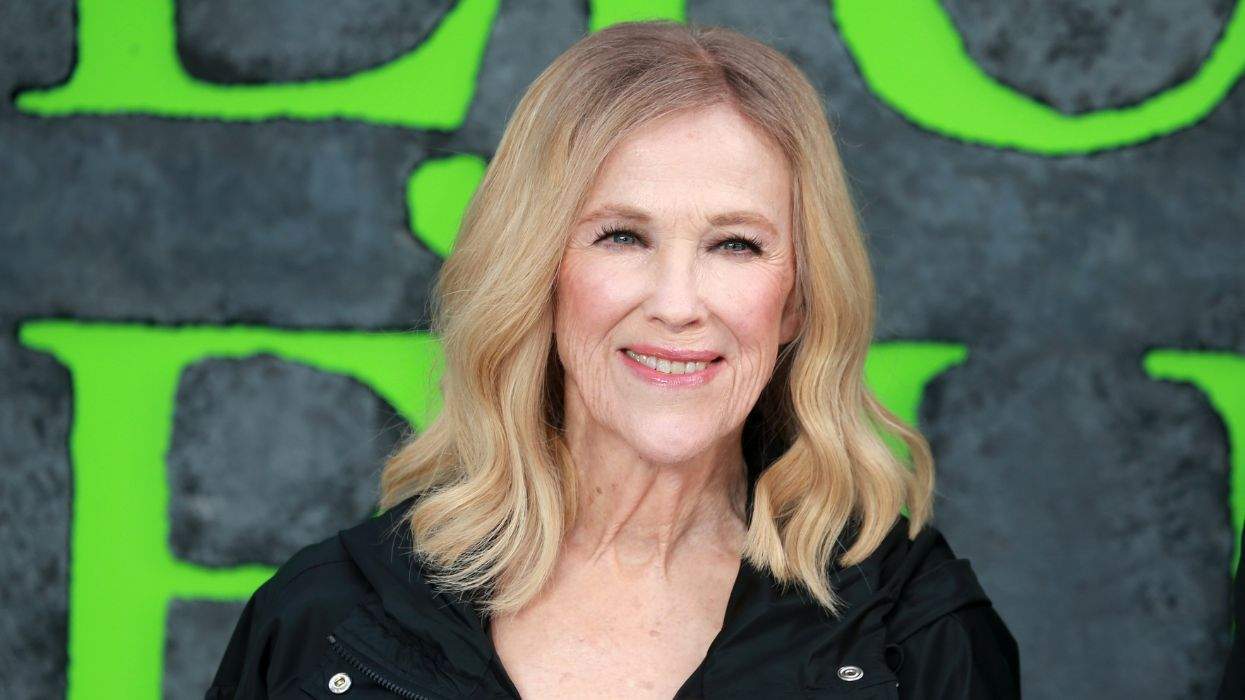
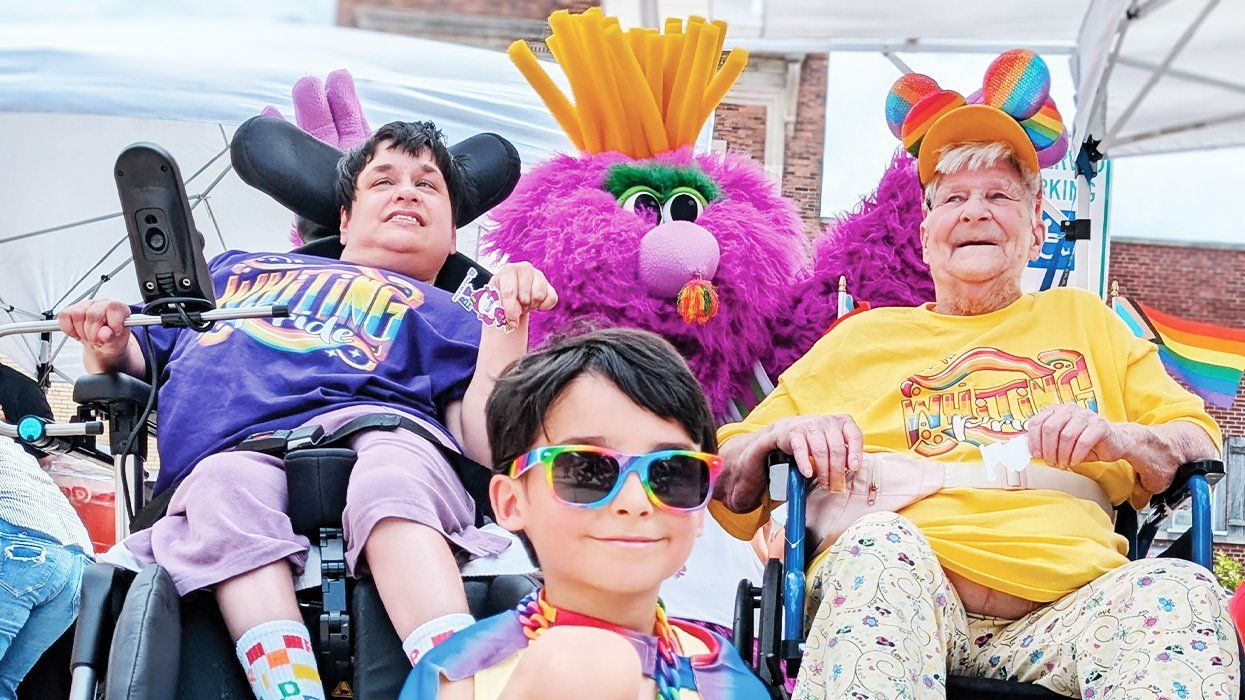
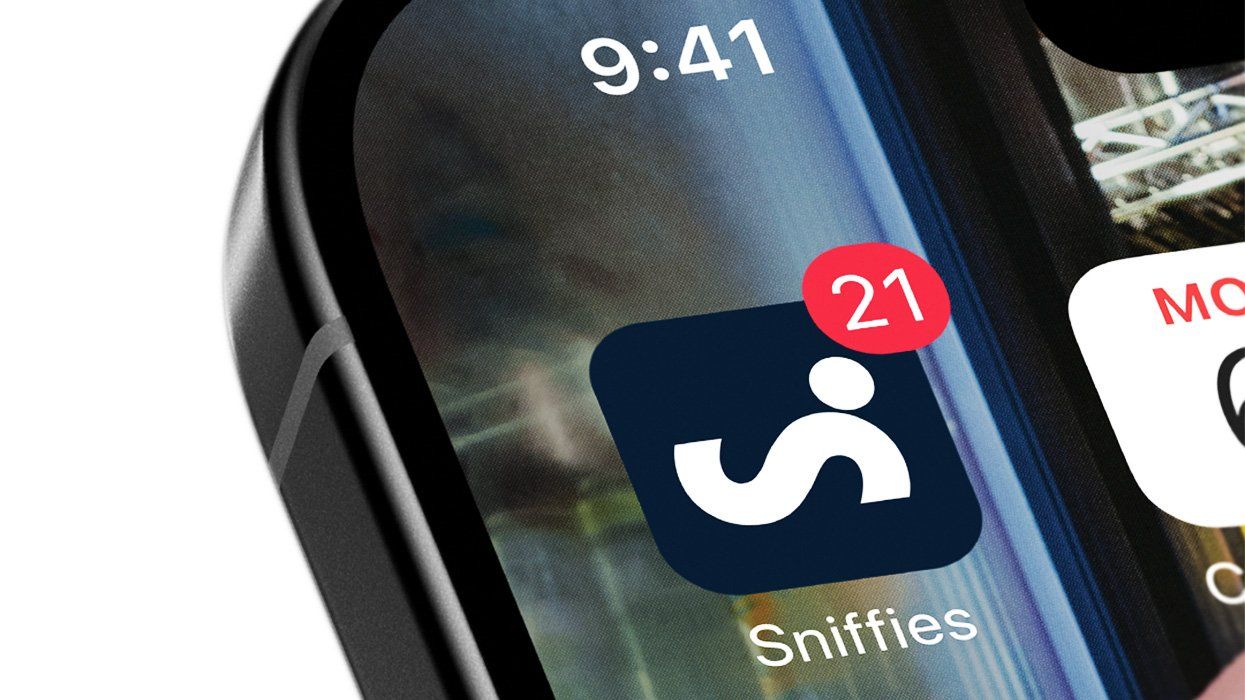

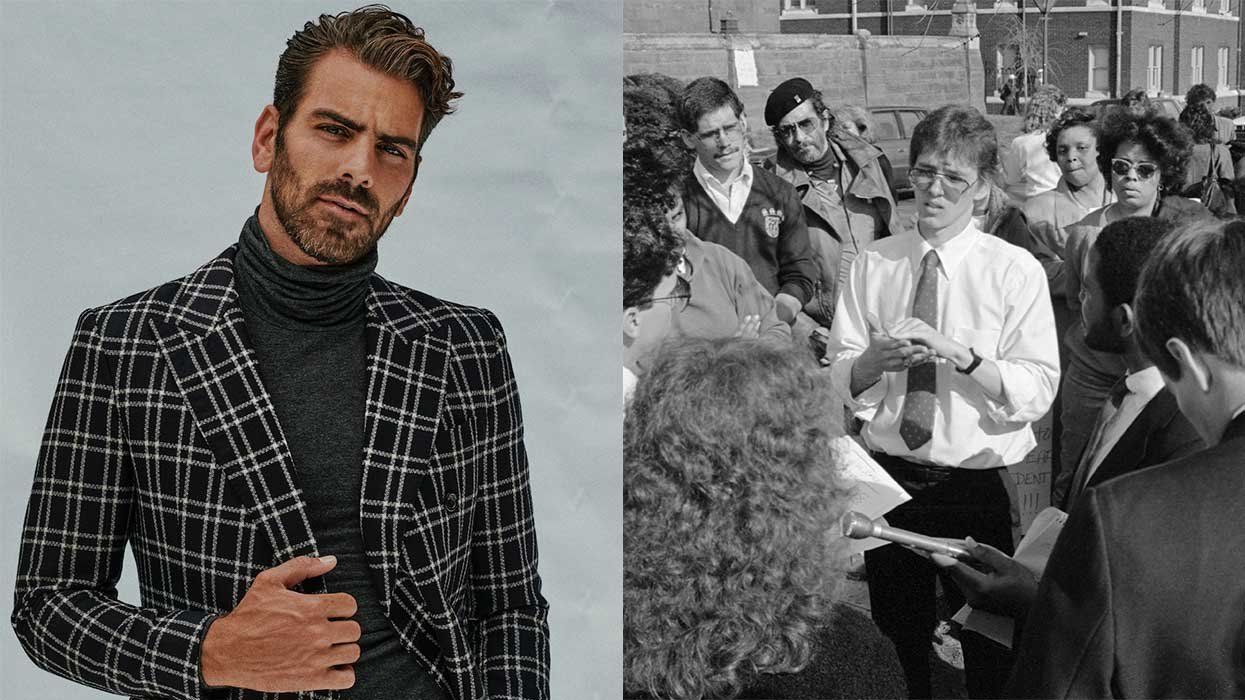
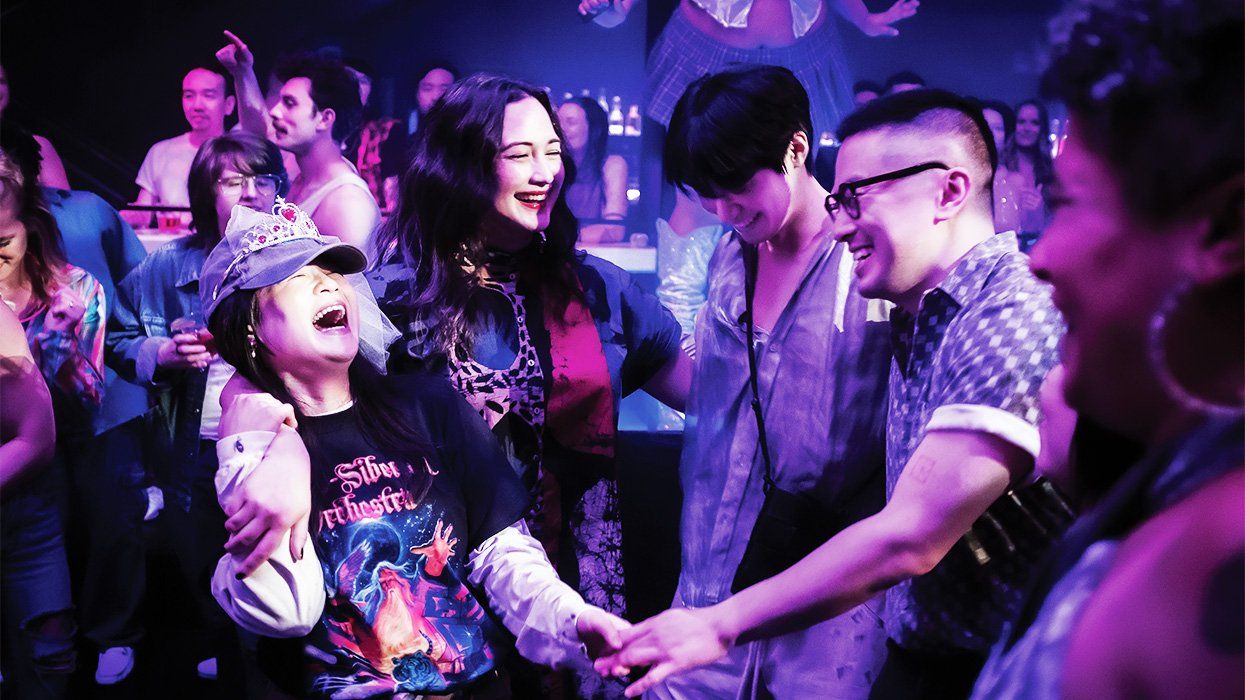
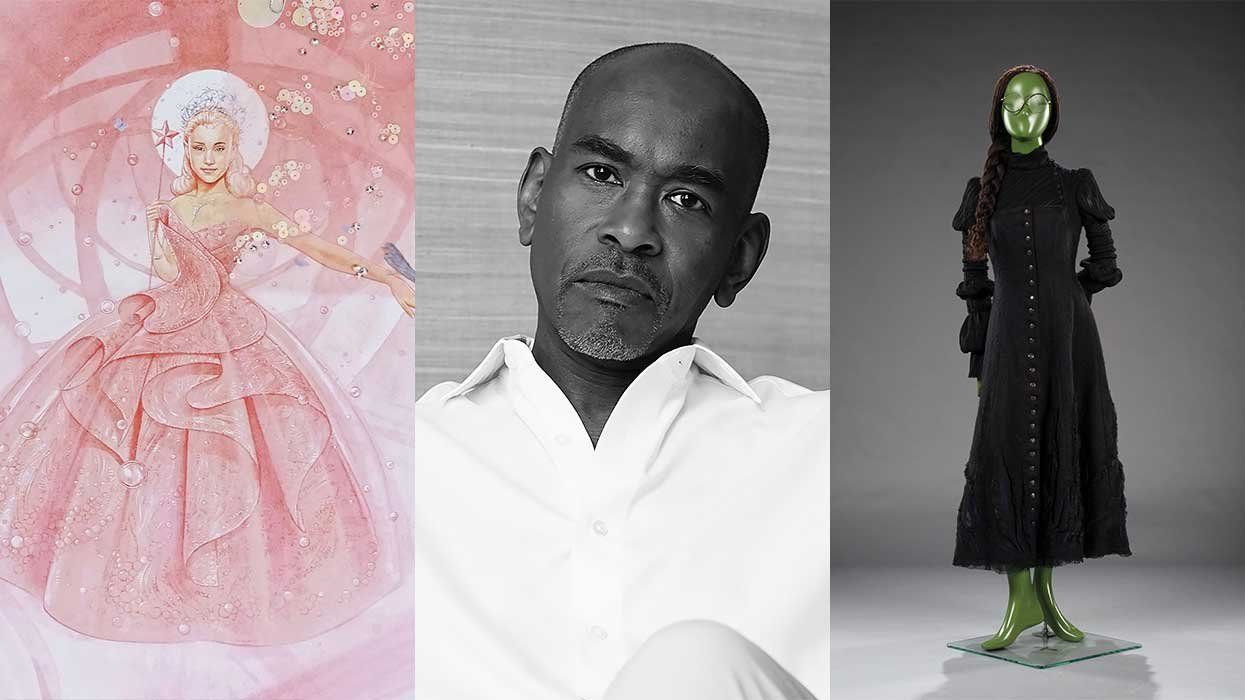


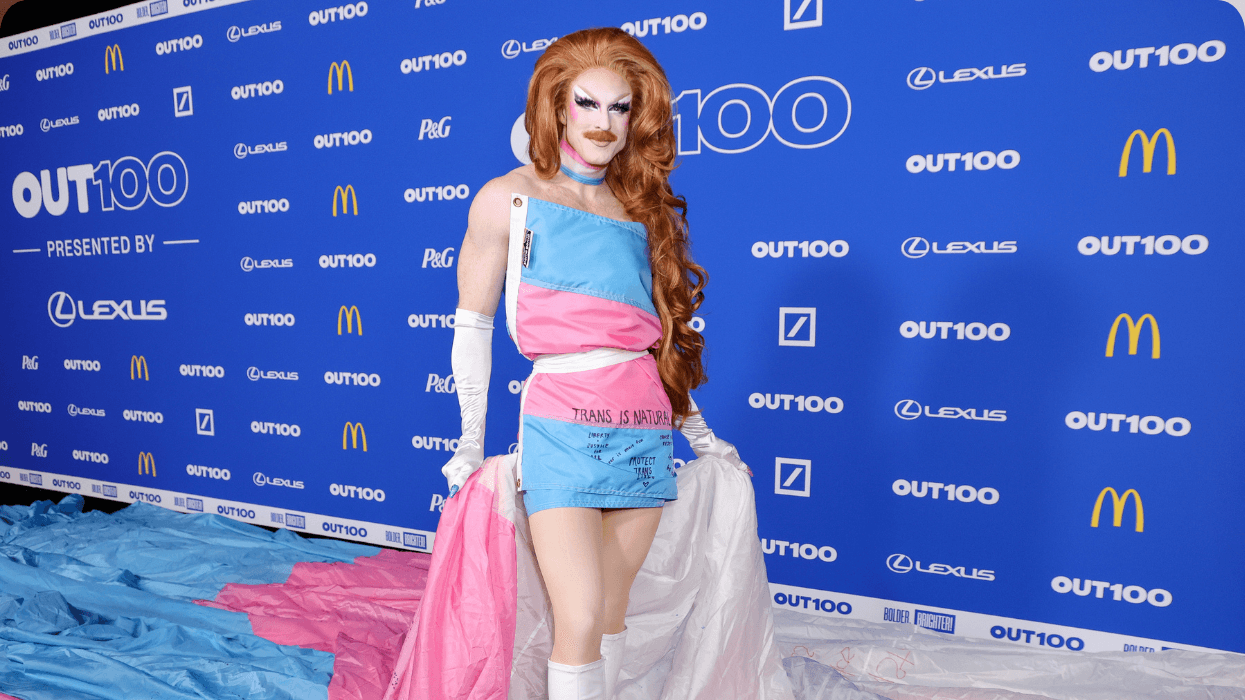
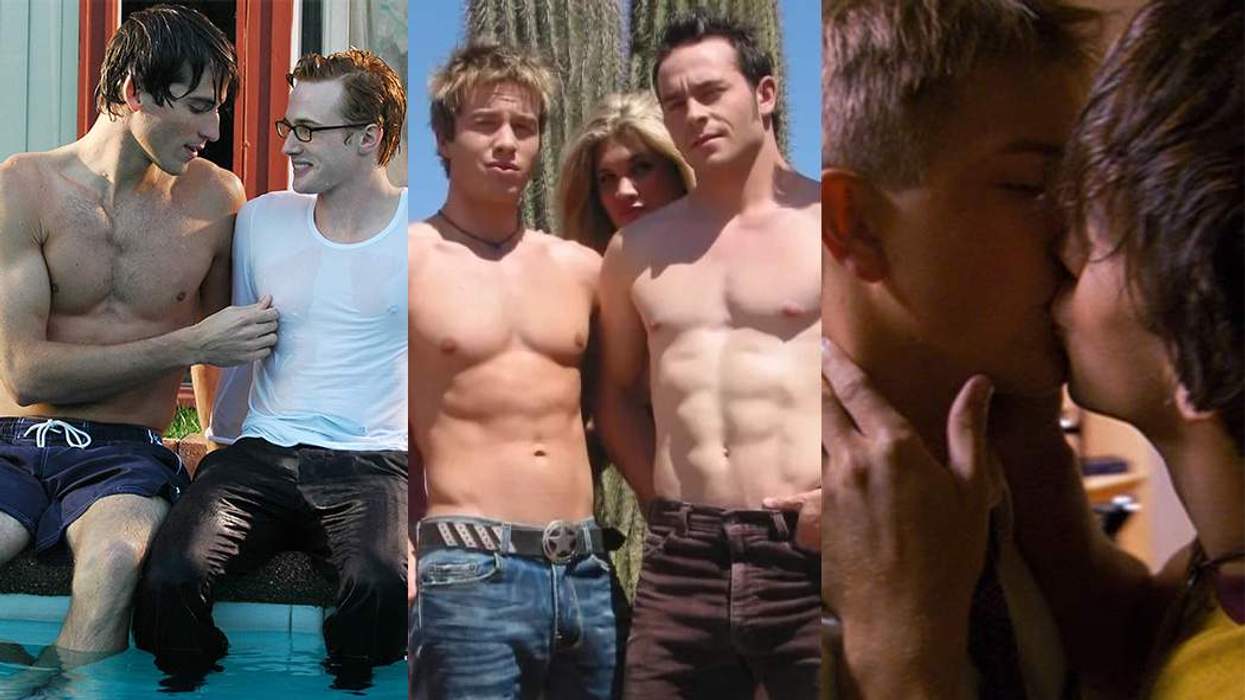

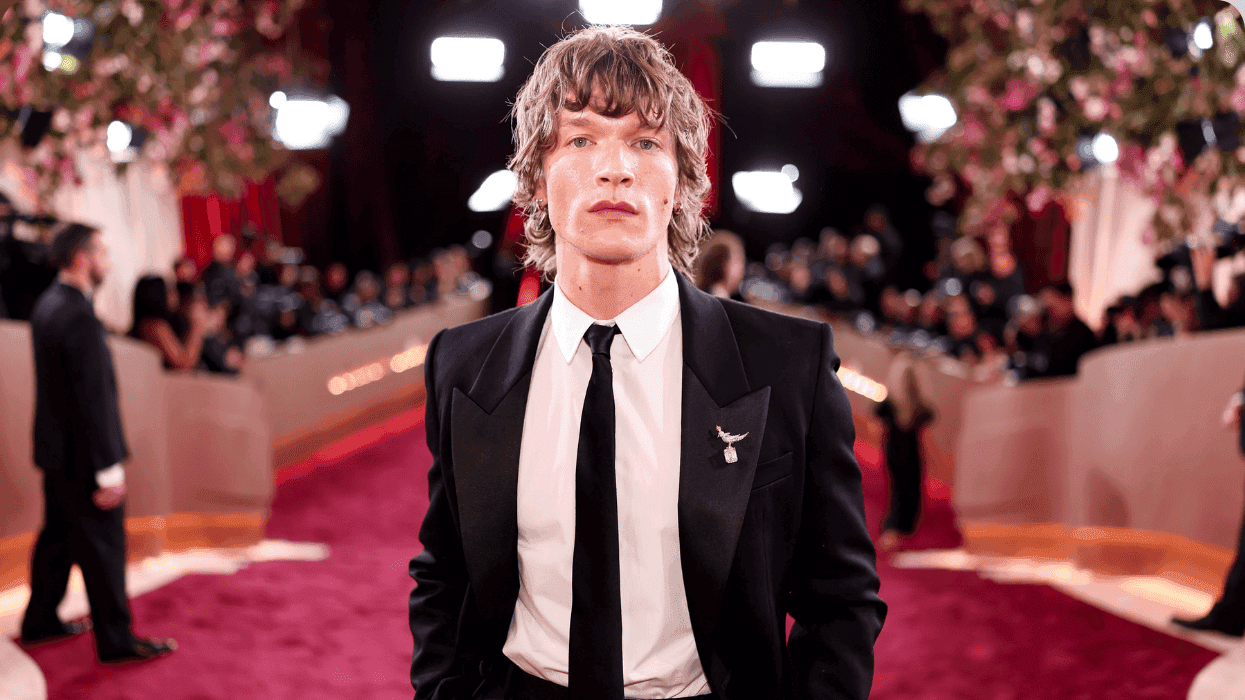
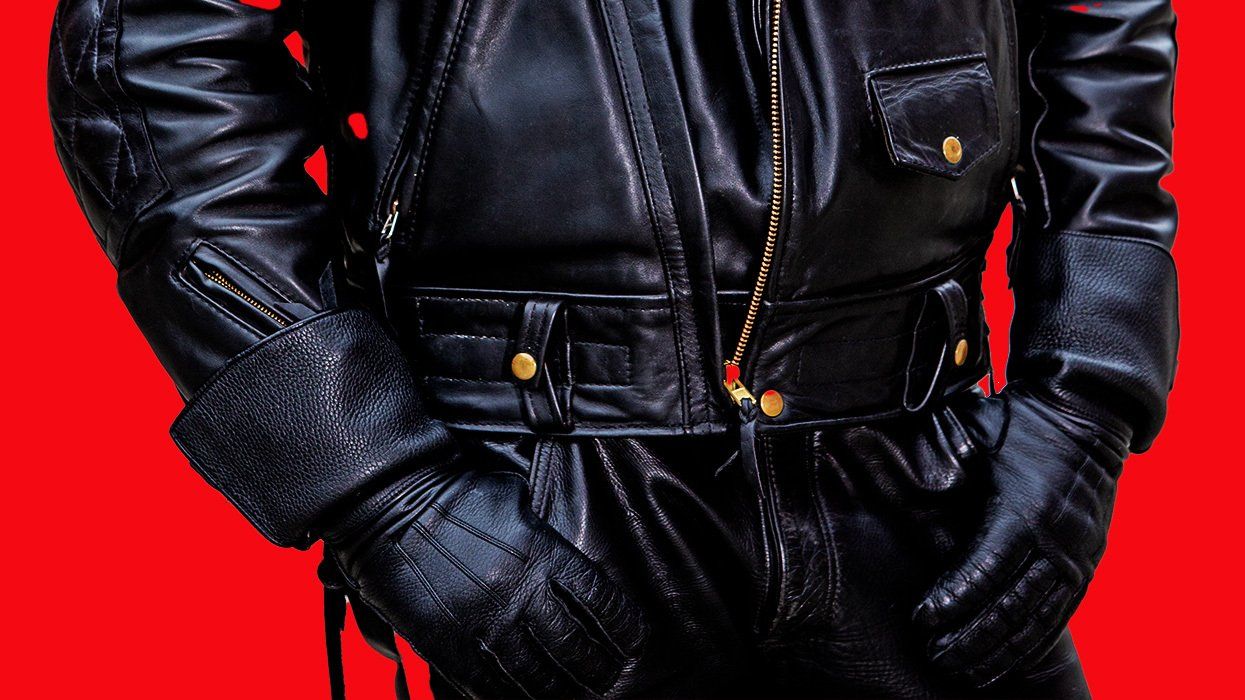
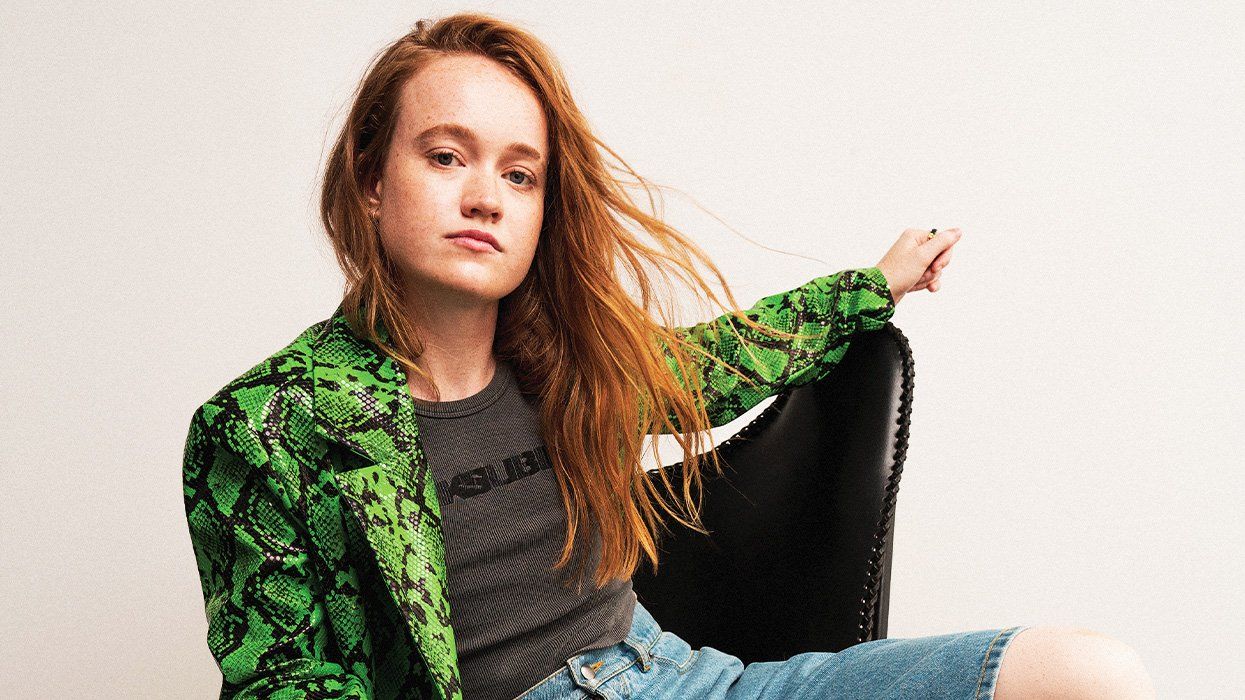
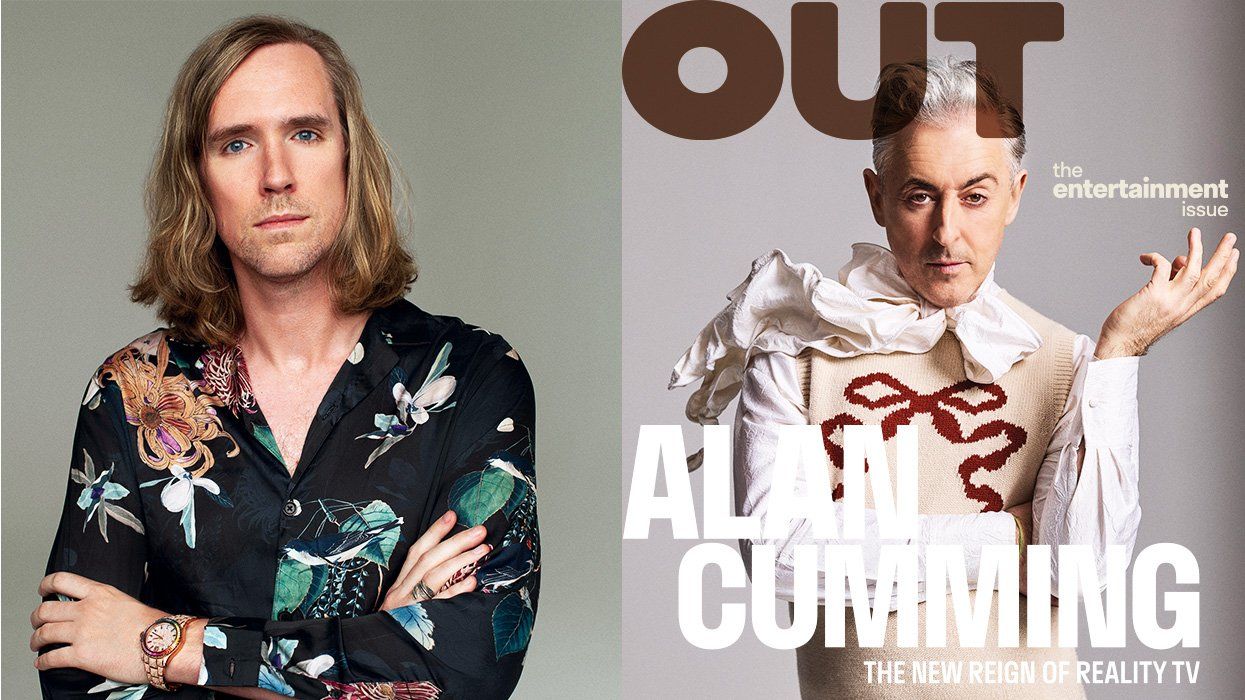
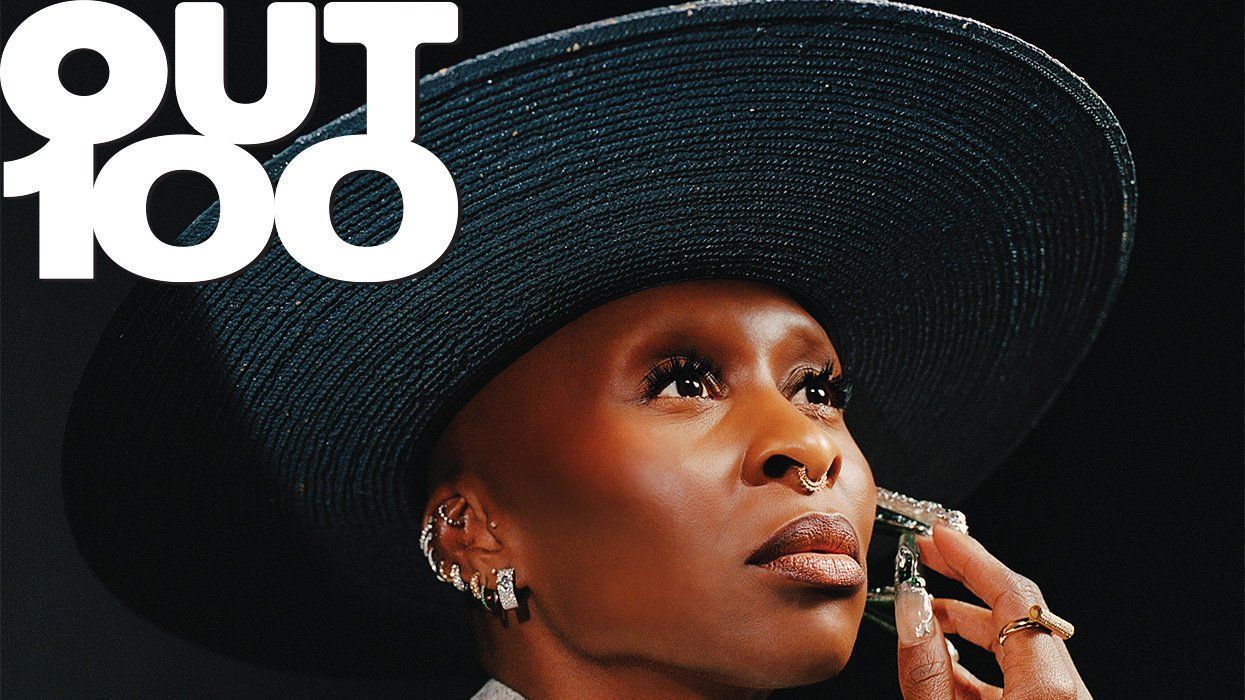

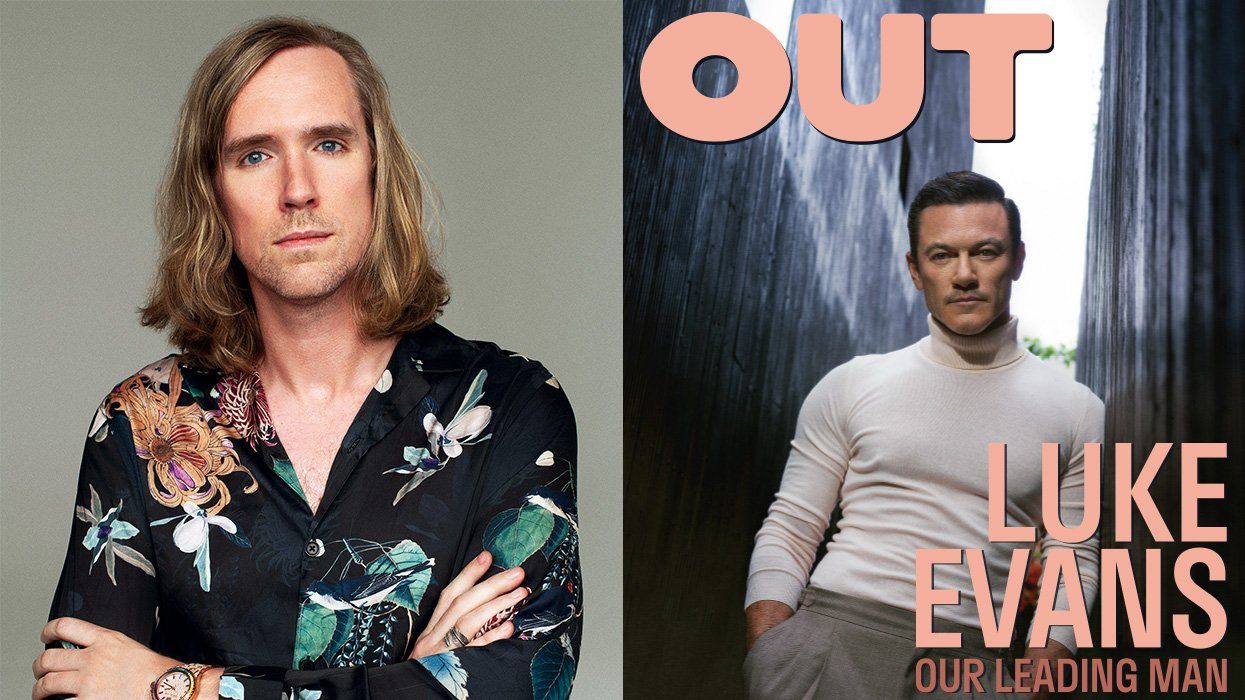
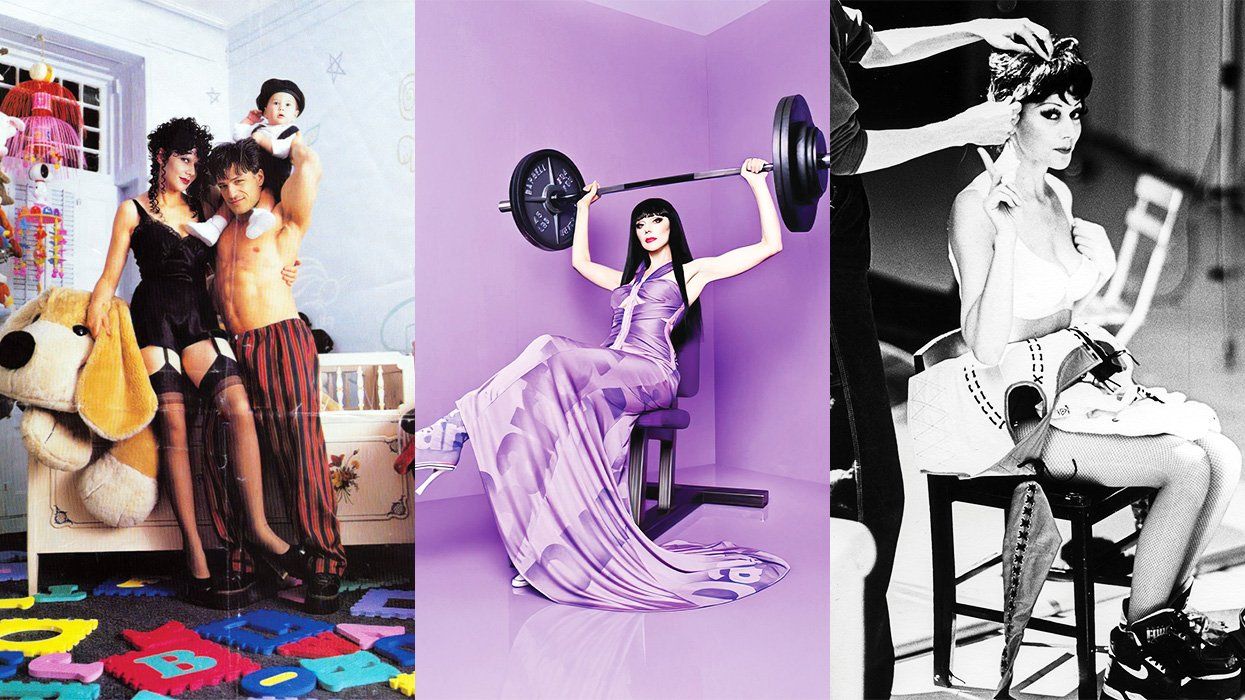
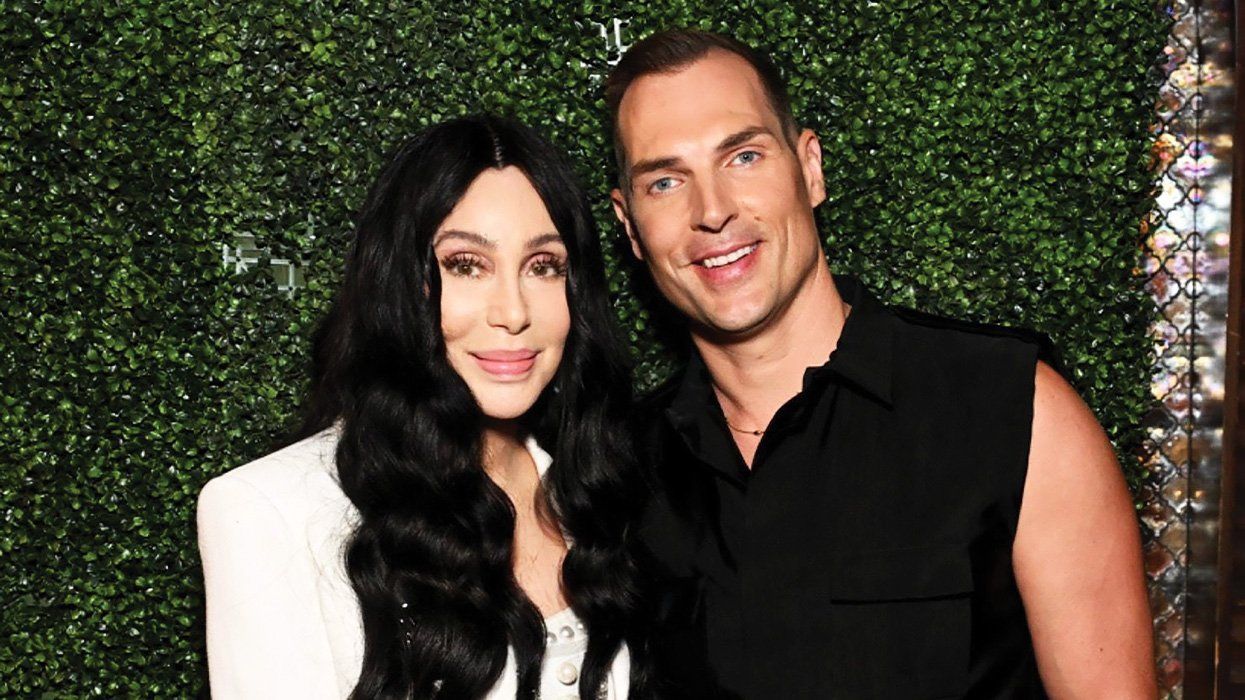

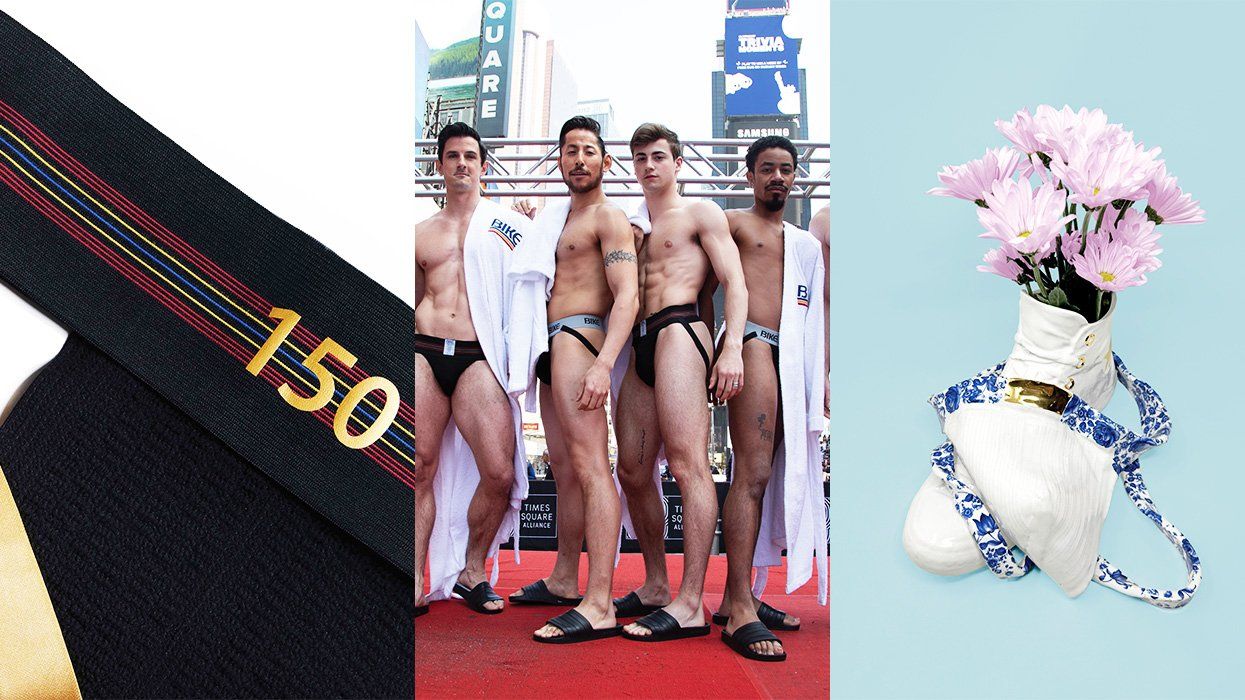
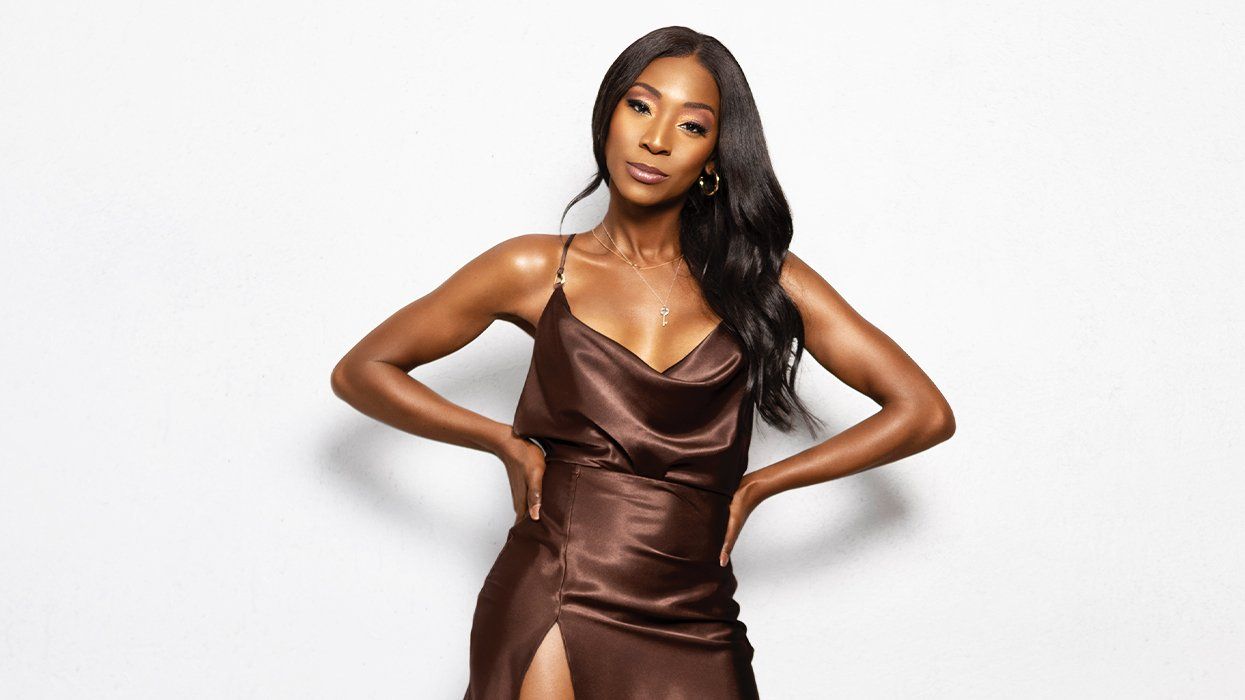
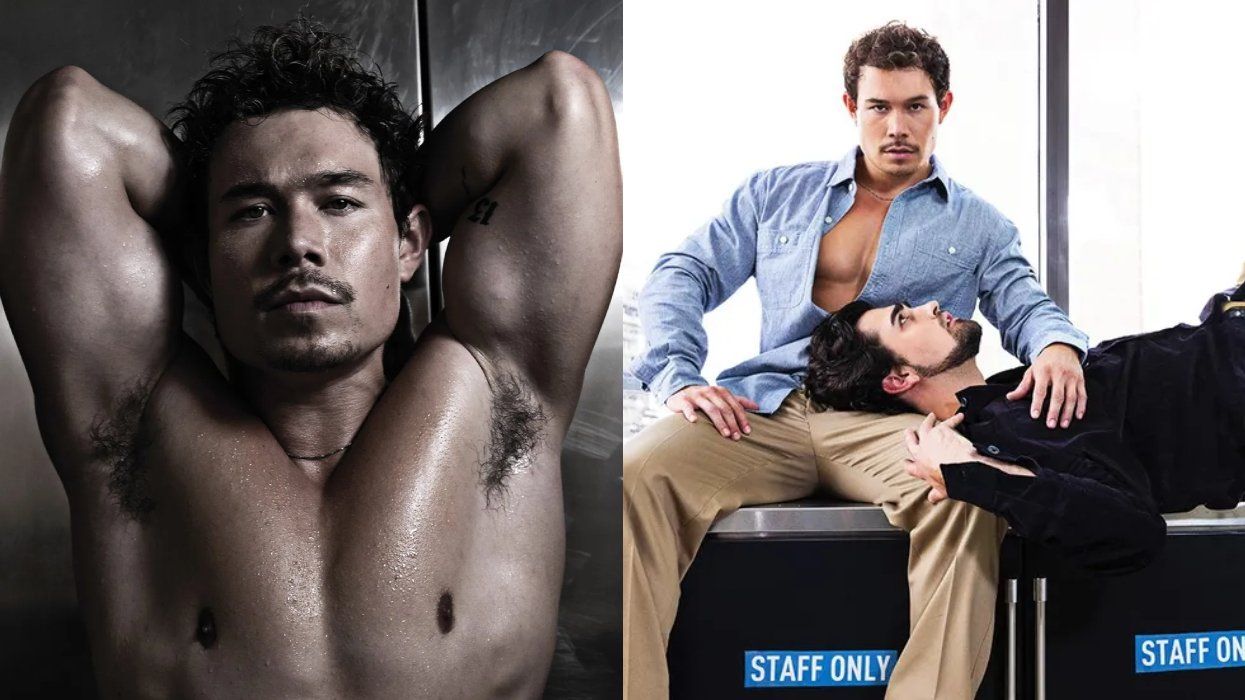
The racist, homophobic, and frightening arrest of Don Lemon
Opinion: It’s not a coincidence or an accident that Lemon, and other Black journalists were targeted by the Trump Justice Department, writes John Casey.